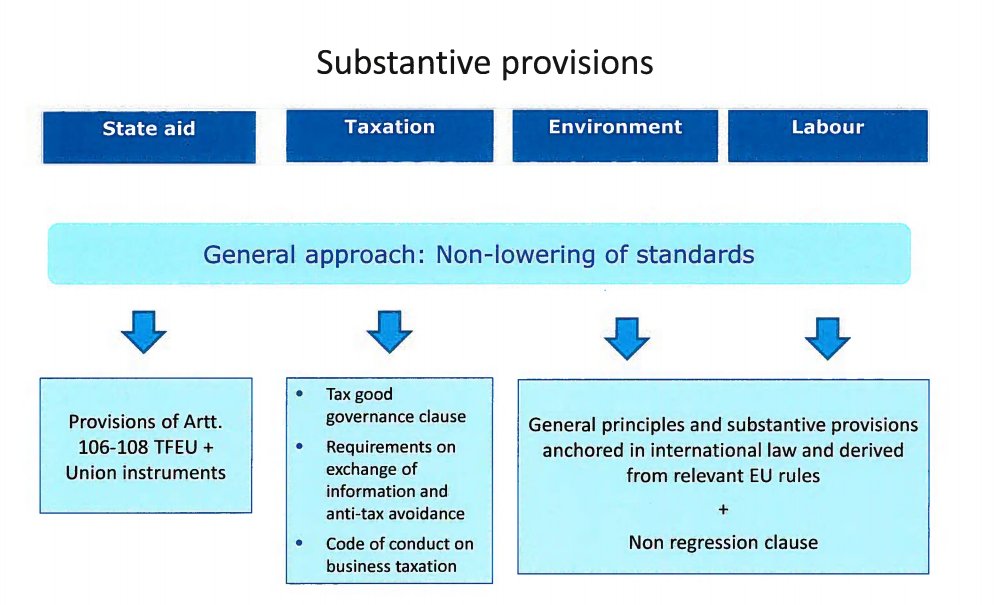See for instance Sajid Javid's 'Brexit red tape challenge' to 'improve or remove' EU laws after Brexit (2/12) ftadviser.com/regulation/201…

So UK could potentially start diverging from EU standards straight away. (5/12)
The EU Withdrawal Act would for the most part preserve these rights on 'day one' of a no deal. (6/12)
These can generally only be amended by other Acts of Parliament.
And in a hung Parliament it could be rather tricky to get a bill weakening these rights through the Commons. (8/12)
And the 'Henry VIII' powers in the EU Withdrawal Act are meant to only be used to correct deficiencies in the law arising from EU withdrawal. (9/12)
They can be more easily amended without parliamentary scrutiny. But they can't be amended via powers in the ECA, the parent act, as it will have been repealed! (10/12)
These could potentially be amended using powers in their parent acts, which will still exist after Brexit. (11/12)
It's that it uses secondary legislation to subtly water down more vulnerable protections over time. (12/12)
For more details, full report is here: ippr.org/research/publi…









